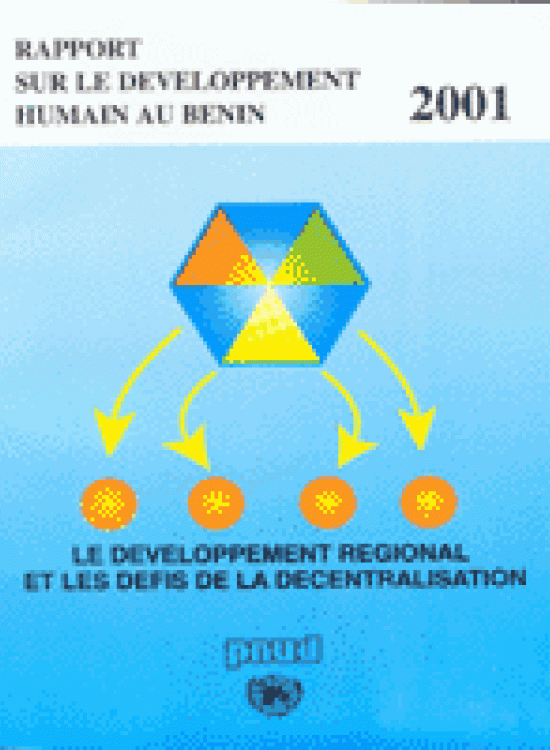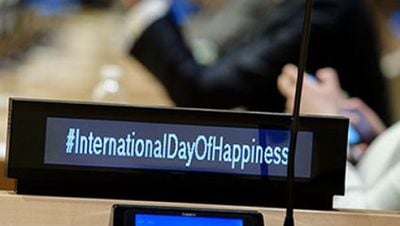Regional development and the challenges of decentralisation

Citation
Moustapha Soumare (Resident Representative, UNDP Benin) , Afize Adamon , Corneille Agossou , Roland Medjigbodo , Roger Gbegnonvi , Norbert Kassa , Paulin Hountondji. 2001. Regional development and the challenges of decentralisation. New York.
Regional development and the challenges of decentralisation
Posted on: January 01, 2001
The selection of this theme indicates the will of the UNDP in Benin to contribute to the debate on decentralization in the country, which has been on-going for some years. It also denotes the need, after forty years of independence, to step back and make an assessment of development policies, stressing both failures and successes. Reflections on the development of African countries indicate that the outcomes of most development policies and programmes implemented since de-colonization in the 1960’s have been limited. There is now an increasing determination to promote development involving the population in economic and political decision-making at the various decentralized levels, from the sub-prefectural to the national. Executing human development policies in a context of planned decentralization to ensure an equitable regional development policy requires that decision-makers have a detailed knowledge of the state of development of the large administrative entities which will become autonomous, as stated in speeches and laws. It is therefore very important to make an assessment of the development policies and programmes implemented in these areas, of which in Benin the largest are the departments. This year’s report remains within the areas of sustainable human development and is very topical since it deals with decentralization as a means to promote development at the regional, grassroots level.

